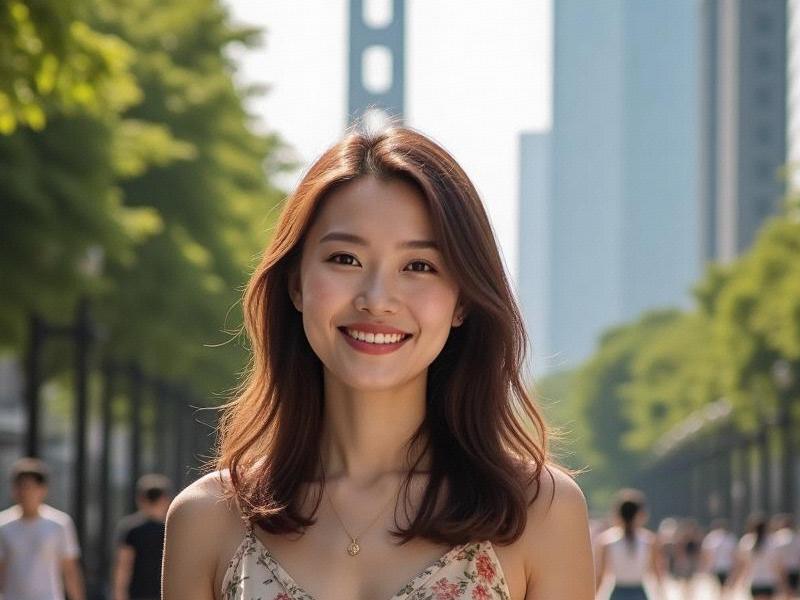An in-depth exploration of how Shanghai women blend traditional Chinese femininity with modern ambition to crteeaa unique urban identity that's reshaping China's social landscape.

The neon-lit streets of Shanghai tell countless stories, but none more compelling than those of its women - the true architects of this city's soul. Shanghai women have long been celebrated as China's most sophisticated urban females, embodying a rare combination of traditional grace and contemporary ambition that makes them stand out nationally and globally.
Historically, Shanghai women gained their reputation during the 1920s-1930s when the city became Asia's fashion capital. The "Shanghai Girl" image emerged - educated, bilingual, and exquisitely dressed in qipao dresses while working as secretaries, teachers, or shop owners. Today's Shanghai women have evolved this legacy into something even more powerful.
上海龙凤千花1314 Education forms the foundation of the modern Shanghai woman's identity. With Shanghai consistently ranking 1 in PISA global education assessments, local girls grow up in a culture that prizes academic excellence. Over 65% of Shanghai's female high school graduates enter university (compared to 57% nationally), with many pursuing degrees abroad before returning to launch careers. This educational advantage translates into professional success - women hold 42% of senior management positions in Shanghai (versus 31% national average).
Fashion remains integral to Shanghai feminine identity, but with a contemporary twist. While the iconic qipao still appears during festivals, daily wear blends international luxury brands with local designers' creations. Nanjing Road boutiques and Taikang Lu studios showcase how Shanghai women mix Parisian chic with subtle Chinese elements - perhaps a jade bracelet with a Dior dress or embroidered collar on a Max Mara coat. This sartorial intelligence reflects their ability to navigate global trends while maintaining cultural roots.
上海私人外卖工作室联系方式
The relationship dynamic reveals another fascinating dimension. Shanghai's gender ratio (116 males per 100 females) creates a unique social environment where women can afford to be selective. Many prioritize career development into their late 20s, with the average first marriage age at 29.3 (compared to 27.5 nationally). This "waiting culture" allows for greater financial independence and self-discovery before committing to relationships.
上海夜生活论坛 Entrepreneurship represents the newest frontier. Shanghai's female-founded startups increased by 38% last year, particularly in tech, fashion, and education sectors. Women like Vivian Lau (founder of AI beauty app "Hē") exemplify how Shanghai's environment nurtures female innovation. The city's 32 women-focused co-working spaces and numerous female angel investor networks provide crucial support systems.
However, challenges persist. The "leftover women" stigma still pressures educated, successful singles over 30. Workplace discrimination cases, though declining, still occur. Yet Shanghai women navigate these obstacles with characteristic resilience - turning to professional networks like "Ladies Who Tech" or leveraging social media to build personal brands.
As China's most international city, Shanghai provides the perfect stage for this evolving feminine identity. Whether sipping artisan coffee in Xintiandi or negotiating deals in Lujiazui's skyscrapers, Shanghai women continue redefining what it means to be a modern Chinese woman - ambitious yet graceful, globally-minded yet culturally rooted, professionally powerful yet personally fulfilled. Their story isn't just about beauty; it's about the intelligent construction of identity in a rapidly changing world.